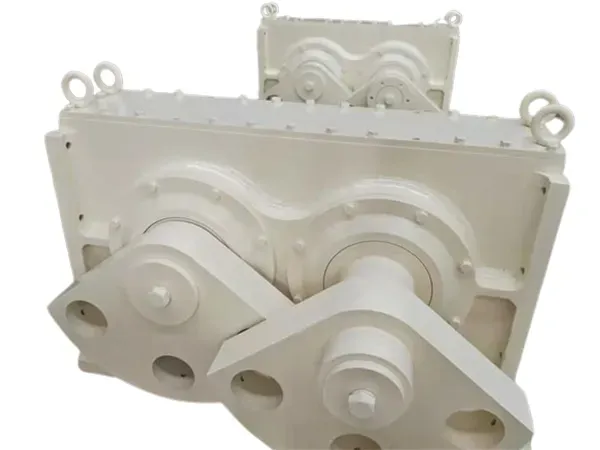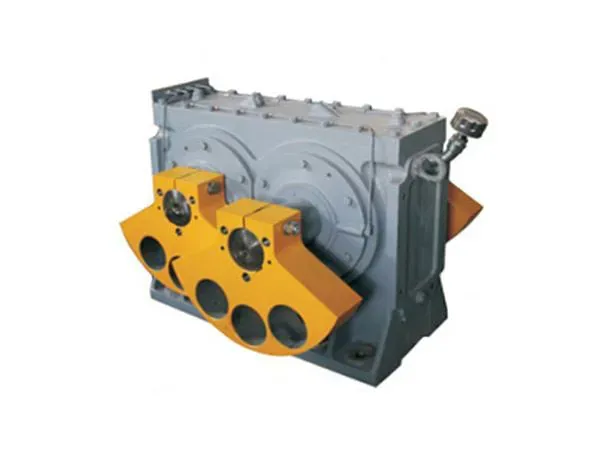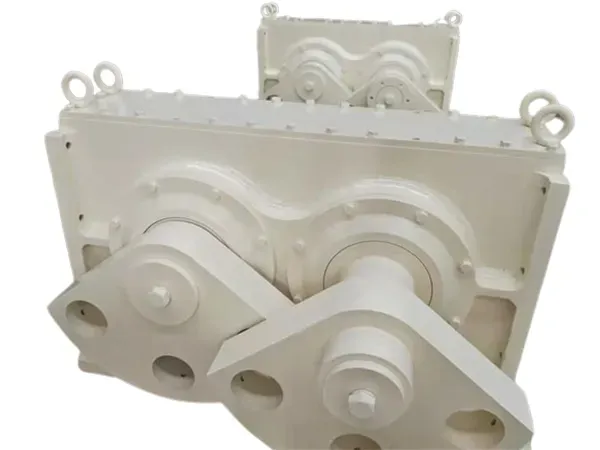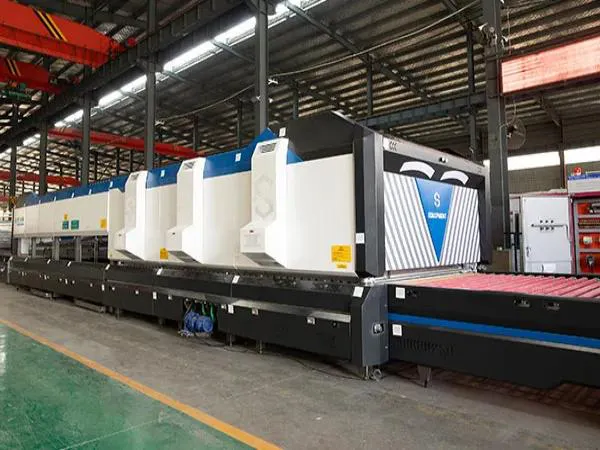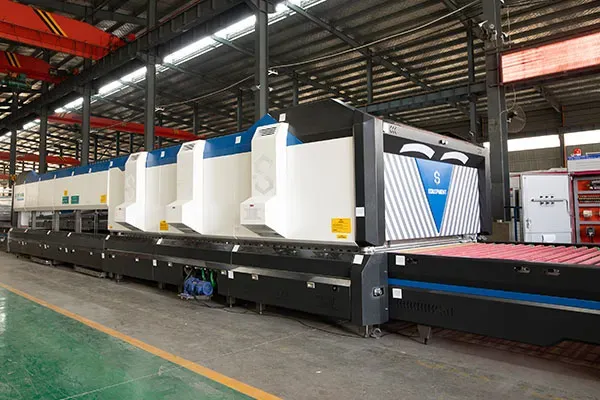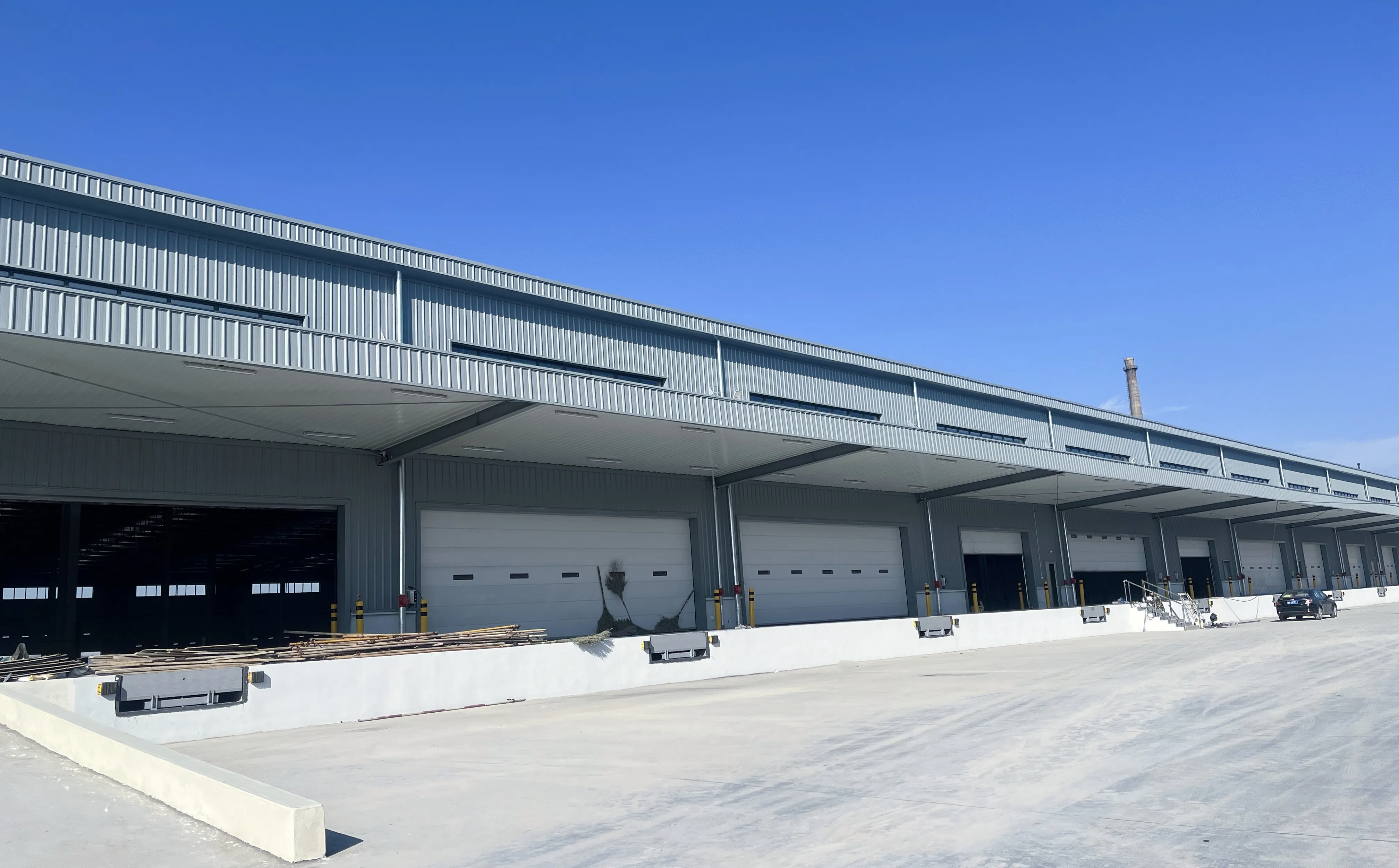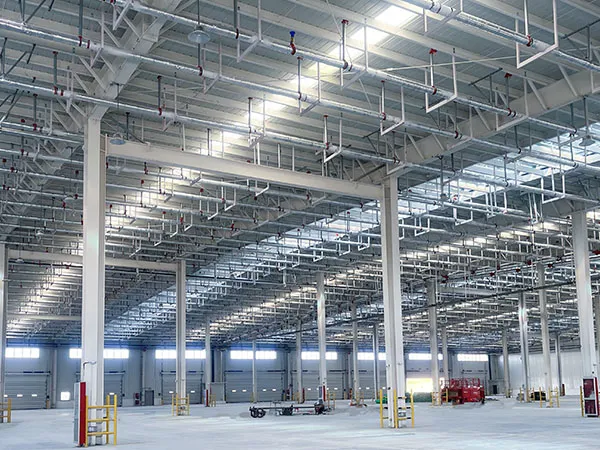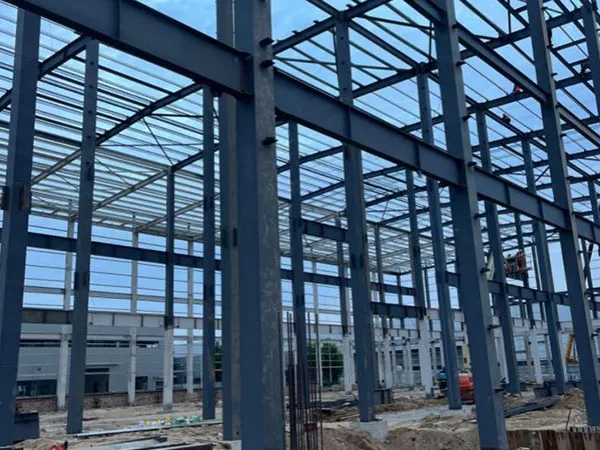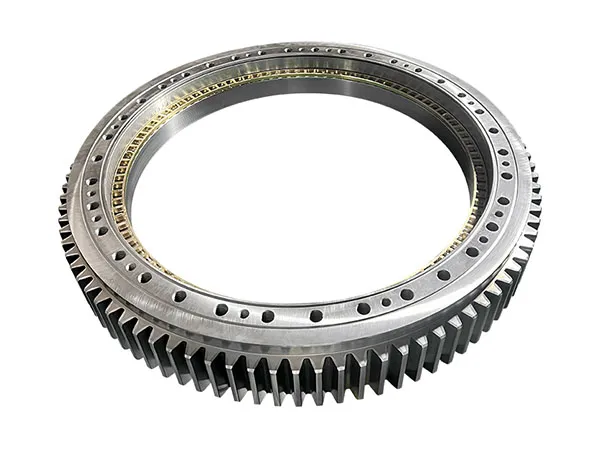Vibrating screen is a kind of mechanical equipment used to screen different particle size substances, which is composed of screen mesh and vibrator. It vibrates the screen mesh, making the larger particle size substances fall in the settling area under the screen mesh, leaving the smaller particle size substances, so as to achieve the purpose of separation. Vibrating screen is mainly divided into linear vibrating screen, circular vibrating screen and high frequency vibrating screen. It mainly includes the following characteristics:
1. It adopts high-frequency and high-amplitude vibration mode to screen different materials to different degrees to achieve the required precision, improve screening efficiency and save time.
2. It can deal with powder, granule, liquid and other materials to meet the precise screening needs of different industries.
3. It can realize the automatic setting of screening time and frequency, simplifying the operation process. Realize remote operation and monitoring, reduce manual intervention.
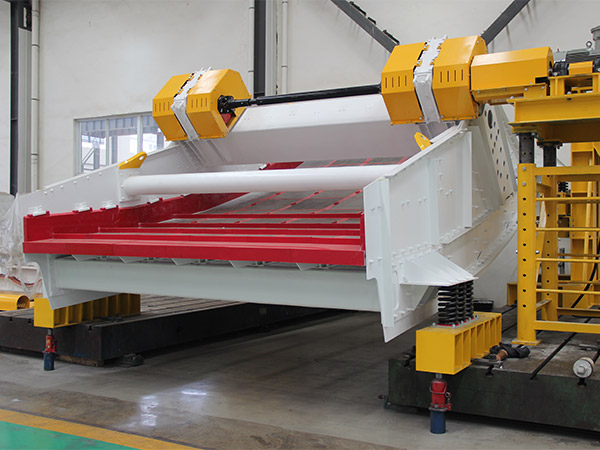
These characteristics of the vibrating screen so that it has a place in many applications, in each field it plays a very important role, the following mainly introduces the application of the three areas of the scene:
1. Food industry: As food in the production process involves screening and selection of materials, this process is very cumbersome, it is difficult to improve the efficiency of manpower alone, and thus the food vibrating screen came into being, and has become an indispensable piece of machinery and equipment in the production process of many food industries. Food vibrating screen is mainly used for screening various food materials and finished products. Using this equipment, we can not only improve the screening efficiency and precision, but also to ensure the quality and integrity of food.
2. Pharmaceutical industry: the pharmaceutical industry has an extremely important impact on people’s health, so the requirements for vibrating screens in the pharmaceutical industry will be higher, and the materials used should strictly meet the corresponding production standards. In the pharmaceutical industry, the vibrating screen can be used to process the raw materials in advance, such as screening, cleaning and drying of medicinal materials; it can also be used for the screening of intermediate products, such as the grading of powder and tablets and dust removal; it can also be used for the quality control of the finished products, such as the inspection of the drugs before packaging.
…
More detailed information about the applicable scenes of vibrating screen can be found by visiting:https://www.hsd-industry.com/news/applicable-scenes-of-vibrating-screen/

